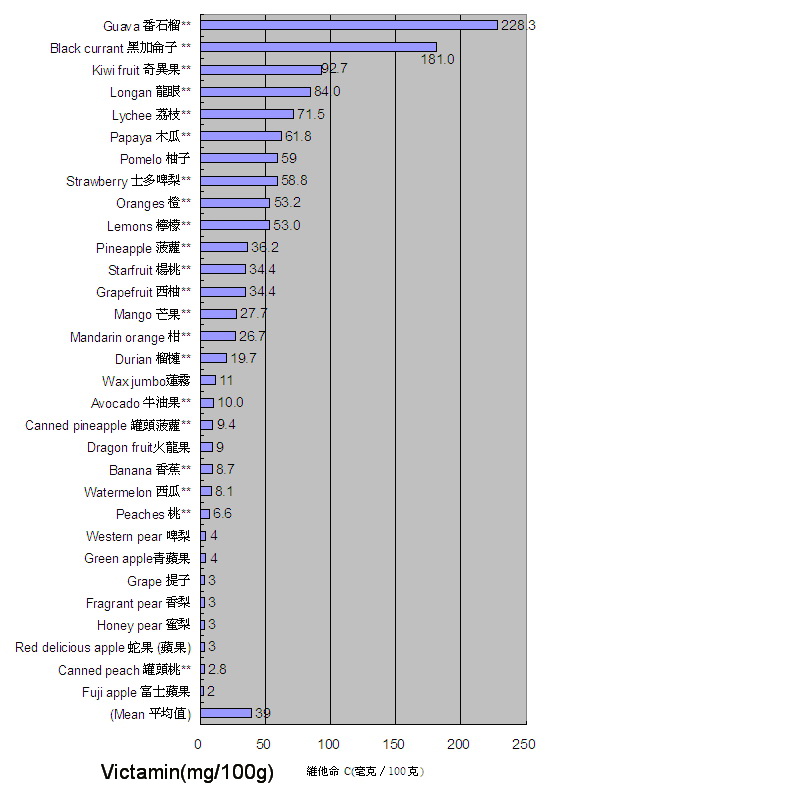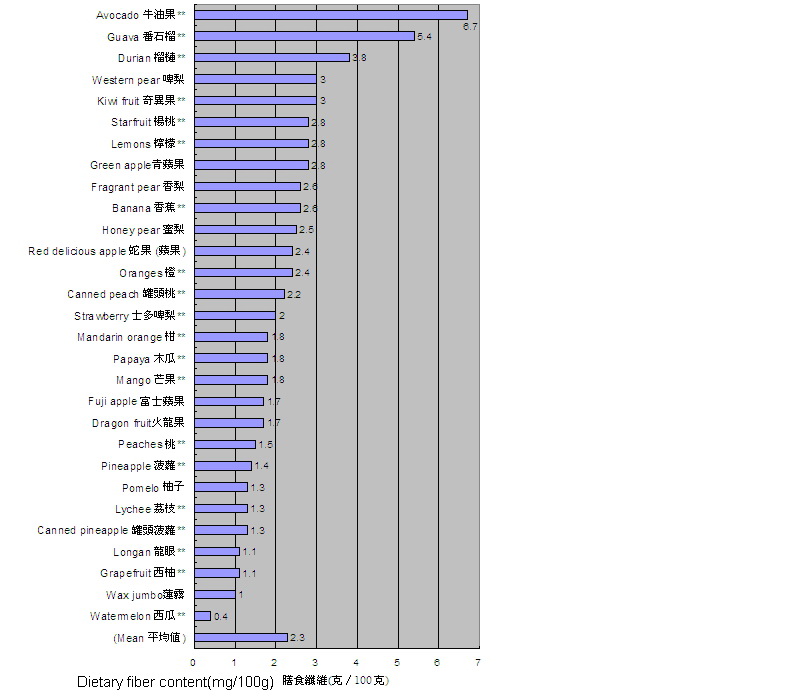Nutrient Content of Fruit
Food is a source of calories and nutrients, and is essential for human life. Eating the right amount of different kinds of food is the key to a balanced diet and adequate nutrition. Many chronic diseases such as coronary heart disease, diabetes mellitus and certain cancers are associated with an unbalanced diet. These nutrition-related diseases are serious public health problems in many parts of the world.
In recent years, a number of studies have extensively examined the importance of vegetables and fruits to a healthy diet and how they can reduce the risk of many diseases, such as heart disease, stroke and certain cancers. Vegetables and fruits provide key vitamins, minerals and dietary fiber that are essential for good health.
Nutrition is one of the major risk factors for non-communicable diseases (NCDs). An unhealthy diet combined with physical inactivity is one of the major causes of NCDs, including cardiovascular diseases and some cancers. A healthy diet should not be devoid of fruits and vegetables. There is growing evidence that fruits and vegetables can help prevent a number of major diseases, such as cardiovascular diseases and some cancers that mainly involve the digestive system. It is estimated that about 19% of gastrointestinal cancers, 31% of ischemic heart diseases and 11% of strokes worldwide are due to insufficient intake of fruits and vegetables2 . The World Health Organization (WHO) estimated in 2002 that 2.7 million (4.9%) deaths and 26.7 million (1.8%) disability-adjusted life years (DALYs)* worldwide were attributable to inadequate consumption of fruits and vegetables. About 85% of the burden due to inadequate consumption of fruits and vegetables is attributed to cardiovascular diseases and 15% to cancer.
The World Health Organization (WHO) recommends that each person should consume 400 grams (about 10 taels) or more of fruits and vegetables per day to avoid obesity and certain cardiovascular diseases. One of the functional components of fruits and vegetables is dietary fiber. The WHO recommends a dietary fiber intake target of 25 grams per day for the population to substantially reduce the risk of various chronic diseases3 . In addition, the WHO and the Food and Agriculture Organization of the United Nations (FAO) recommendations for the prevention of chronic diseases include the following nutrient intake levels for populations.
Below is a reference of the vitamin and dietary fiber content of various fruits:


Eating more fruit is good for your health. It is important to keep a variety of fruits in the home and to have a balanced daily intake of fruits such as apples, oranges, raisins, and kiwi fruits, which provide essential daily nutrients. A variety of fruits in your home on a wire decorative storage fruit basket for dining table or a 2 tier rectangle black metal storage baskets with handle is a great way to decorate your kitchen and make it colorful. Welcome to our company's website to buy all kinds of fruit baskets, our fruit baskets are designed according to the characteristics of different fruits, different colors for customers to choose.

